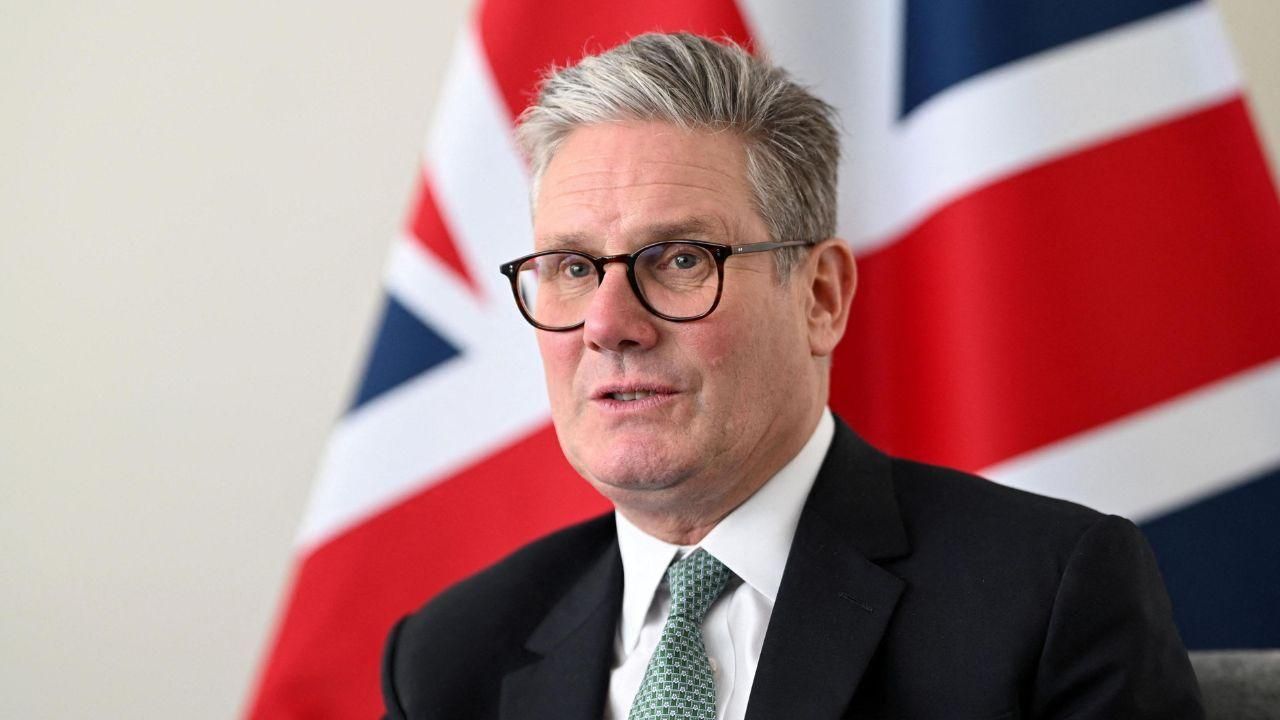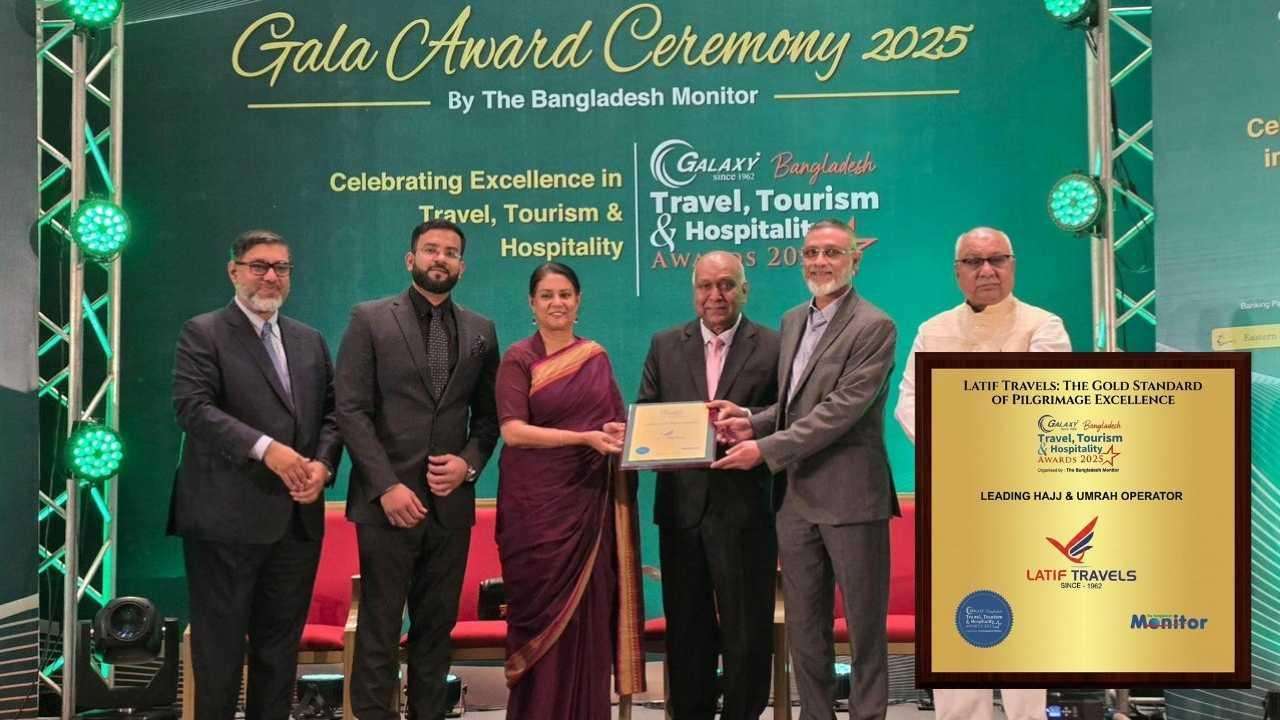The integrity of the UK's halal meat market is facing growing scrutiny as concerns mount over mislabeling, fraudulent certification, and a lack of transparency. This issue resonates deeply within the diverse Muslim communities of the UK, from British Muslims of various ethnic backgrounds to British South Asians, including British Bangladeshis and British Pakistanis, for whom adhering to halal dietary requirements is a fundamental aspect of their faith. Navigating the complexities of the market has become increasingly challenging, causing widespread anxiety and mistrust, Daily Dazzling Dawn understand.
The term "halal" extends beyond the mere act of slaughter. It encompasses the animal's well-being, hygienic processing, and the absence of prohibited substances. However, discrepancies in accepted slaughtering methods, particularly regarding stunning, have created a grey area. While some certification bodies permit pre-slaughter stunning, others insist on traditional, unstunned methods, leaving consumers confused and uncertain.
Adding to the confusion are reports of mislabeled products, where non-halal meat is deceptively marketed as halal. Instances of businesses using counterfeit halal certifications to capitalize on the growing demand have also surfaced, eroding consumer trust. Moreover, the lack of traceability in the supply chain makes it difficult for consumers to verify the authenticity of their purchases.
"This is deeply upsetting for the community," says Aisha Khan, a British Pakistani community leader from Birmingham. "We rely on clear and honest labeling to ensure our dietary needs are met. The lack of transparency undermines our faith and creates unnecessary anxiety. Many of us, especially older generations, are very particular about how our meat is processed."
"For British Bangladeshis, like myself, who have strong connections to our cultural and religious traditions, the authenticity of halal meat is paramount," adds Md Lukman Uddin, a community elder from Tower Hamlets. "We feel betrayed when we find out that we have been deceived."
"The concern is widespread," states Yusuf Ali, a British Muslim community activist from Manchester. "This isn't just about food; it's about our religious identity and trust. We need clear standards and reliable certifications that we can rely on."
To combat these issues and empower consumers, experts are urging vigilance and proactive measures.
"Consumers must be discerning," advises a spokesperson from a reputable halal certification body. "Look for products with certifications from recognized and trusted organizations. Clear labeling, including the certification body's logo and details about the animal's origin and slaughter method, is essential."
Purchasing from reputable butchers and retailers with a proven track record is also crucial. Consumers are encouraged to engage with their suppliers, asking questions about sourcing, certification, and slaughtering practices.
Community awareness plays a vital role in ensuring halal authenticity. Mosques, community centers, and reputable Islamic resources can provide valuable information and guidance.
"We must work together to protect the integrity of the halal market," emphasizes a local Imam. "By demanding transparency and holding businesses accountable, we can ensure that Muslim consumers, from all backgrounds, have access to genuine halal products that meet their religious requirements."
As the debate continues, it is clear that greater transparency, stricter regulations, and heightened consumer awareness are essential to restoring confidence in the UK's halal meat industry, ensuring that all British Muslim communities can confidently uphold their dietary practices.



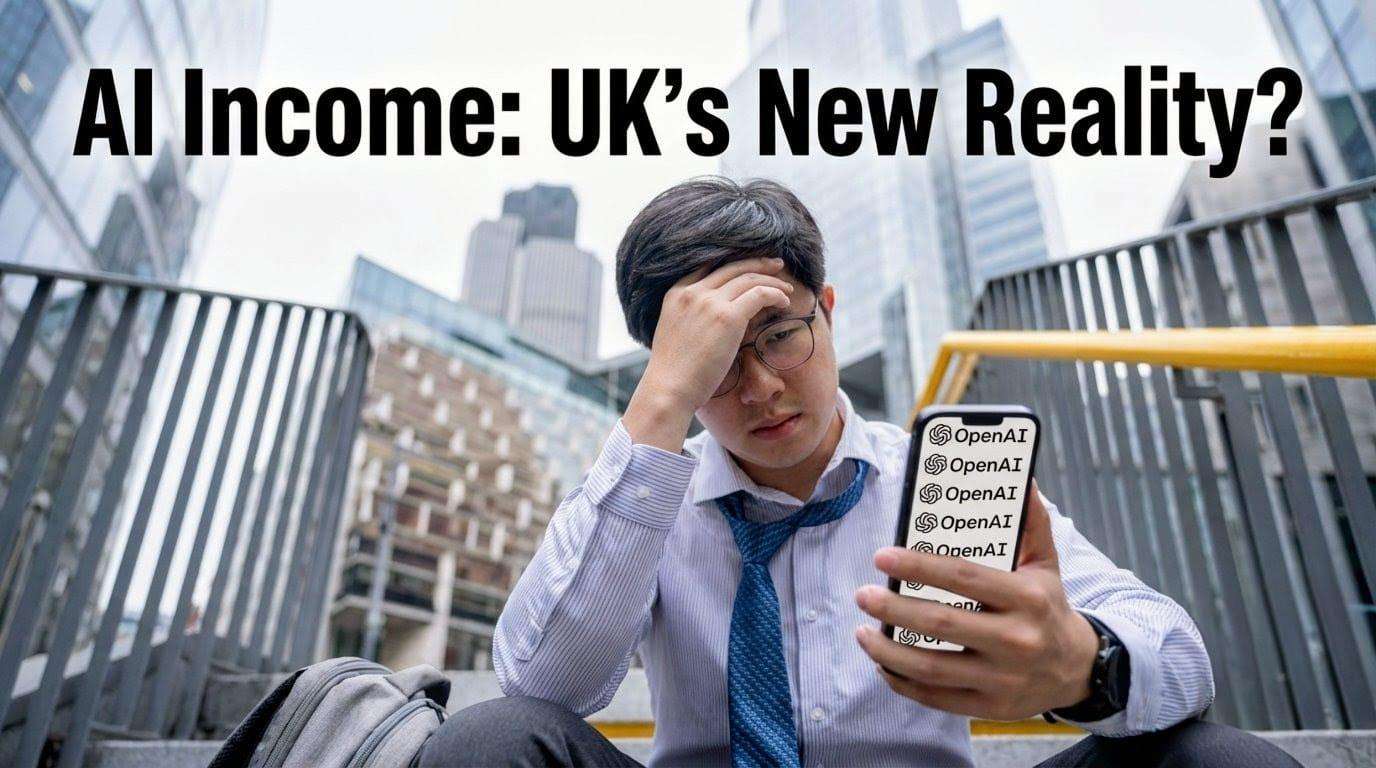
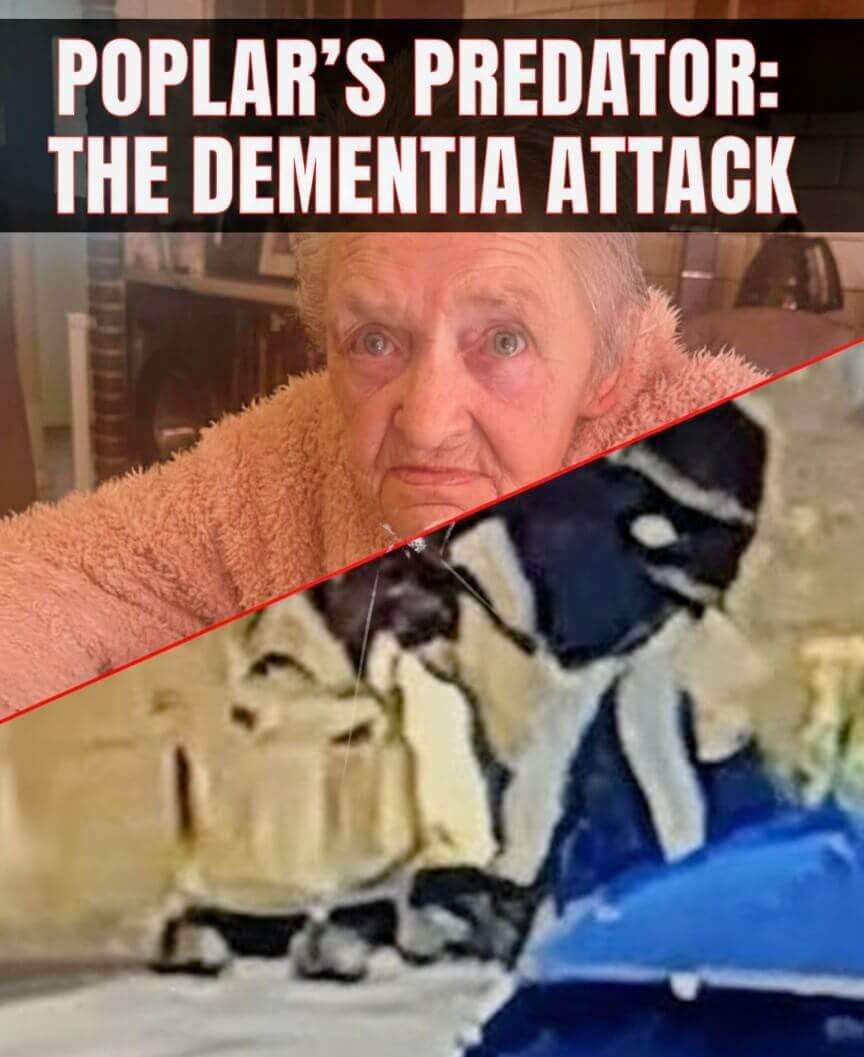


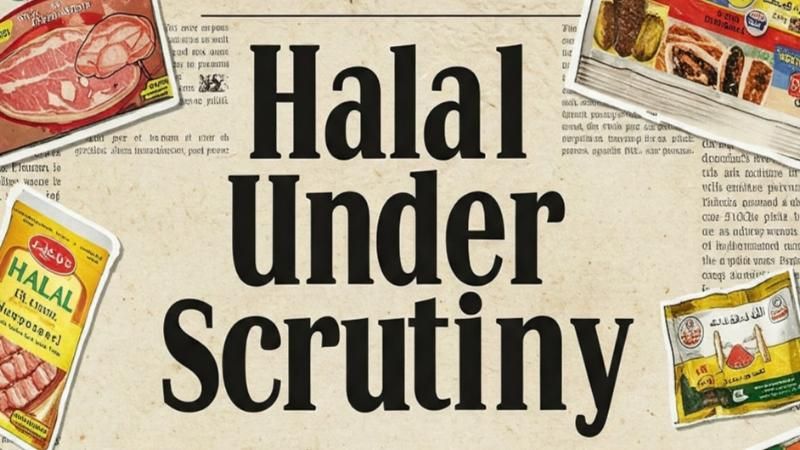
.svg)


